Best Practices Articles

Do One Really Need This Channel Marketing Automation Platform?
Over the past decade or so, many large organizations have deployed channel marketing automation tools involving partner relationship management (PRM) and partner marketing management (PMM). If you are currently considering whether to make such an investment, there are a few things you need to think about before you make that jump. You may have the budget, but is making an investment in channel marketing automation the right next step for your channel management team?
Let’s take a few minutes and discuss what channel marketing automation is, and then we will lay out a framework for you to use to figure out whether this makes sense for you or not. Most organizations selling through the channel need to recruit, engage, enable and manage their partners. A channel marketing automation solution focuses primarily on the marketing aspects of this equation. Whether you are marketing to your partners to recruit and engage them or marketing through those partners to engage prospective buyers of your products or services, you need a set of channel marketing automation tools not only to make your marketing processes more efficient execution-wise, but also to provide the business intelligence that will help you understand what is working and what is not. That’s the basic premise for considering a channel marketing automation platform.
A typical channel marketing automation platform will have several integrated modules designed for you to run campaigns to and through your partner base. These modules are:
- Lead management: You should be able to upload a set of records—whether partner records or end-user records—to distribute via your partner network to drive campaign execution and closure using lead management tools.
- Search and social marketing: While these are two independent sets of modules, you will need core capabilities in these areas to truly drive awareness of your target audience. Your channel marketing automation platform should start with these search tools as the core inbound marketing tactics.
- Email marketing: Email marketing tools should allow you to run multi-touch email marketing campaigns to and through your partner base to engage your target audience with compelling content.
- Microsite marketing: Chances are you sell a whole bunch of products and have multiple channel programs. It is challenging to promote all of these programs at the same time with the same level of intensity. If your channel marketing automation platform comes with microsite or landing page marketing capabilities, then you should be able to set these up on the fly and drive engagement using the email marketing engine that I talked about earlier.
- Event marketing: Partner recruitment efforts rely heavily on road shows and webinars. If you are trying to recruit existing partners to new programs or new partners to the company, you need a robust event marketing platform. A proper channel marketing automation platform should be able to provide that to your channel team.
- Web syndication: If you are trying to make sure your product and solution showcases are extended beyond your own website, then you need to think about distributing that content via a partner network. This is where web syndication becomes a very important element of your channel marketing automation platform.
- Intelligence & reporting: Knowing which specific parts of your marketing programs and activities are actually driving results is critical for optimizing those programs and activities to get a better return on your channel marketing investment. Your channel marketing automation platform must be able to provide a robust analytical engine to provide business intelligence and reporting.
- Scalability: One of the main benefits of a typical channel marketing automation platform is to allow you to scale a program across multiple partners and geographies. When you figure out that a specific campaign is driving results and you want to deploy that quickly across multiple countries, then you likely need to rely on some form of automation, and this where a channel marketing automation platform can reap big rewards.
- Speed: If your world revolves around the 90 days of the fiscal quarter and you need to cut down how much time it takes to execute programs and campaigns, then you require a channel marketing automation platform that not only enables you to operate efficiently on a global scale, but also eliminates redundant steps to significantly increase speed of execution.
- Efficiency: As noted earlier, automating workflows allows you to cut out redundant steps so you can reduce your labor costs and the speed of your execution. In essence, this is all about maximizing how fast and efficiently you can execute—and a channel marketing automation platform is key to making that happen.
- Visibility: If you truly want to know which partner programs are working and which are not, you need end-to-end channel marketing automation. There is simply no other way. Gone are the days when you can run an effective multi-tactic, integrated campaign using Outlook or Microsoft Office, and traditional direct marketing automation platforms are too expensive and complex. To gain visibility and control over your channel marketing program, there is no substitute for a channel marketing automation platform.
- Return on investment: This is the final and most important benefit. A typical investment in a channel marketing automation platform costs around $100,000. This investment should give you a return of $10 million to $20 million in the form of additional pipeline within a year. A properly configured and deployed channel marketing automation platform typically breaks even and starts returning on the investment in six months or less.
- Am I always struggling with budgets? If the answer is yes, then you must look at a channel marketing automation platform. With a six-month return on investment, it will not only earn your money back but will also help you to do much more with the dollars you spend.
- Do I really know what works in my channel programs? If your answer is no or maybe, you absolutely need a channel marketing automation platform that gives you complete control over programs and visibility into what’s working, what’s not and why.
- How can I get promoted? Isn’t that what you want at the end of the day when you put in all this hard work? The best way to get there is to do more with less. That’s what every CEO, CFO and CMO wants. If you can demonstrably scale your program globally at the same cost or even at lower cost, and if you can clearly show a significant return on investment, then your career trajectory is almost guaranteed to rise.
I hope this article gives you a clear set of ideas in terms of what a channel marketing automation platform is and what value it can bring it to your company. Keep in mind that, in addition to driving business results, it can also make your job easier, more predictable, more fun and a lot more engaging. Furthermore, it can help you to win over other stakeholders within the organization by streamlining workflows, making it easier to do business with partners (at least from a marketing perspective) and showing a clear return on investment.
With all that said, are you still asking whether you need a channel marketing automation platform? Really? Isn’t the answer a resounding yes? Please contact us at ZINFI and we will show you with real customer examples how channel marketing automation can save money, increase efficiency and improve your channel marketing efforts across the board—beginning today.
Best Practices Guidebook
 Winning with Partner Advisory Councils: Best Practices for Partner Engagement & Growth
Winning with Partner Advisory Councils: Best Practices for Partner Engagement & GrowthDownload Guide
 The Future of Partner Ecosystems Best Practices
The Future of Partner Ecosystems Best PracticesDownload Guide
 The AI Revolution: How Technology and Talent are Shaping the Future
The AI Revolution: How Technology and Talent are Shaping the FutureDownload Guide
 Top 105 Partner Management Metrics that Matter Best Practices
Top 105 Partner Management Metrics that Matter Best PracticesDownload Guide
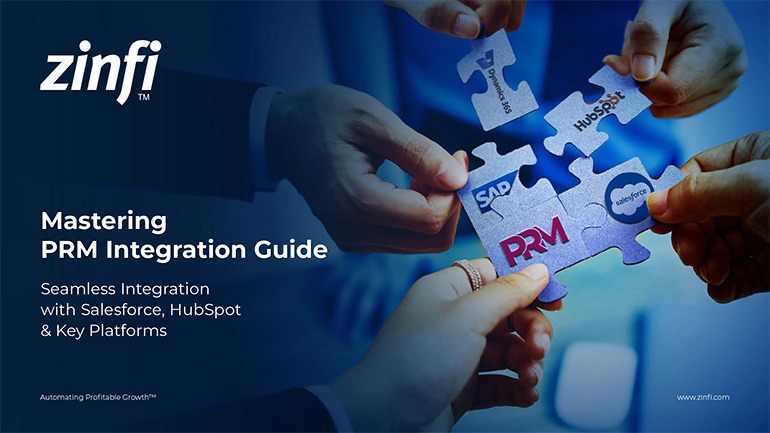 Mastering PRM Integration Best Practices
Mastering PRM Integration Best PracticesDownload Guide
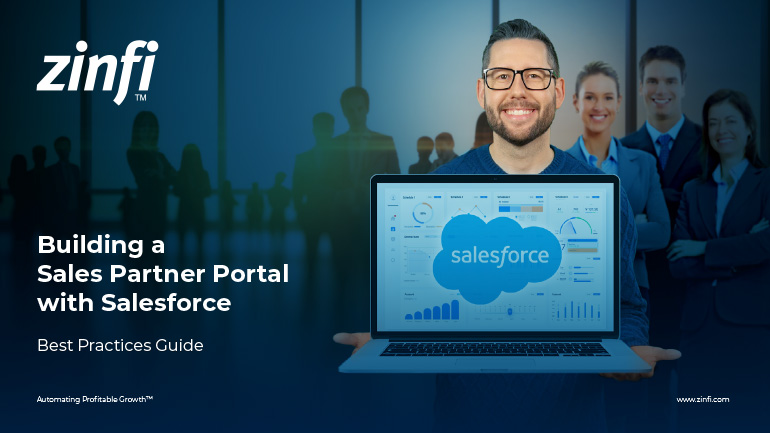 Building a Sales Partner Portal with Salesforce Best Practices
Building a Sales Partner Portal with Salesforce Best PracticesDownload Guide
 Building and Managing Partner Ecosystems Best Practices
Building and Managing Partner Ecosystems Best PracticesDownload Guide
 Mastering Co-Marketing and Co-Selling Best Practices
Mastering Co-Marketing and Co-Selling Best PracticesDownload Guide
 Transforming Partner Ecosystems Best Practices
Transforming Partner Ecosystems Best PracticesDownload Guide
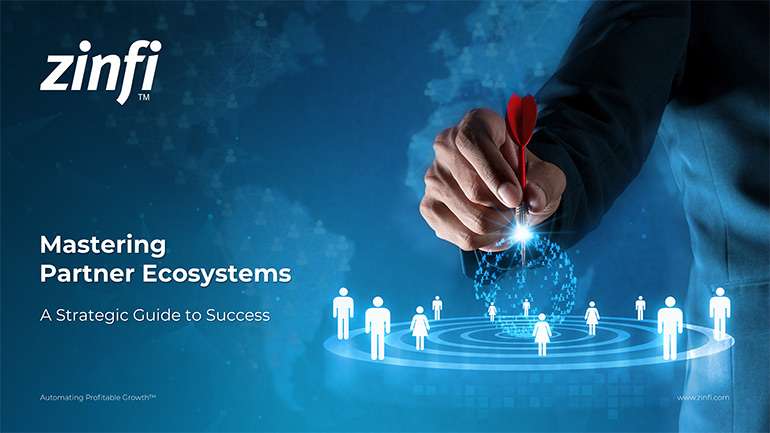 Mastering Partner Ecosystems Best Practices
Mastering Partner Ecosystems Best PracticesDownload Guide
 Mastering Partner Onboarding Best Practices
Mastering Partner Onboarding Best PracticesDownload Guide
 Partner Ecosystem Management Best Practices
Partner Ecosystem Management Best PracticesDownload Guide
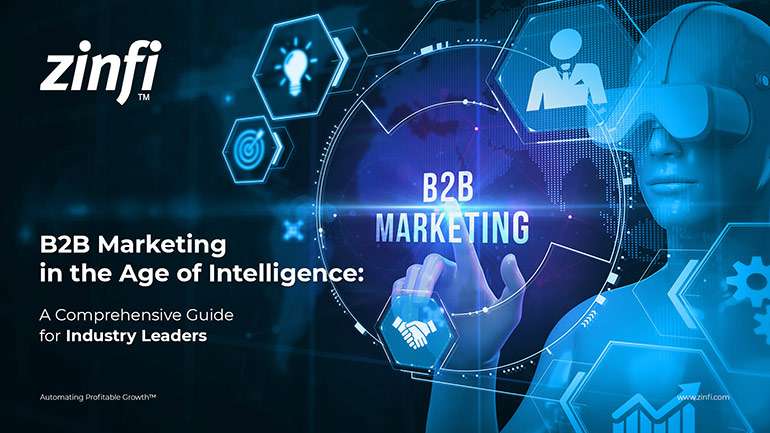 B2B Marketing in the Age of Intelligence Best Practices
B2B Marketing in the Age of Intelligence Best PracticesDownload Guide
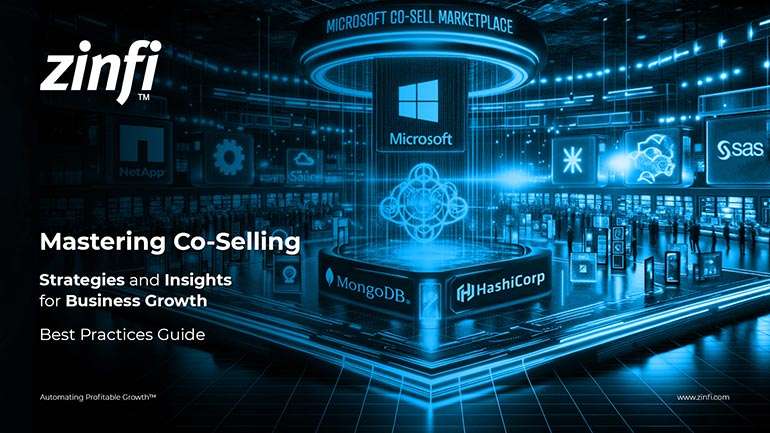 Multi-Partner Co-Selling Best Practices
Multi-Partner Co-Selling Best PracticesDownload Guide
 A Guide to Enhance Channel Sales Efficiency
A Guide to Enhance Channel Sales EfficiencyDownload Guide
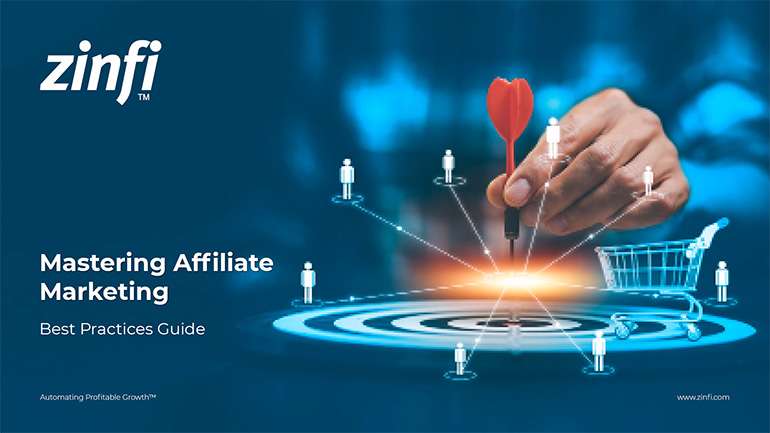 Mastering Affiliate Marketing Best Practices
Mastering Affiliate Marketing Best PracticesDownload Guide
 The Ultimate Guide to Channel Partner Management
The Ultimate Guide to Channel Partner ManagementDownload Guide
 Top 10 Trends in 2024 Partner Relationship Management
Top 10 Trends in 2024 Partner Relationship ManagementDownload Guide







